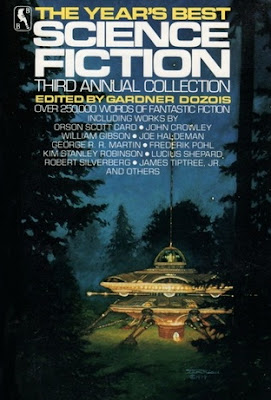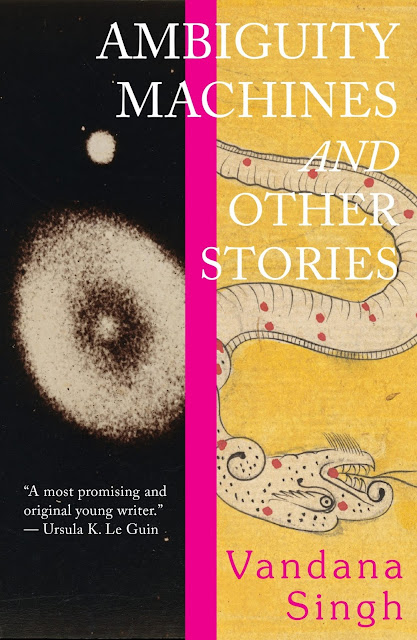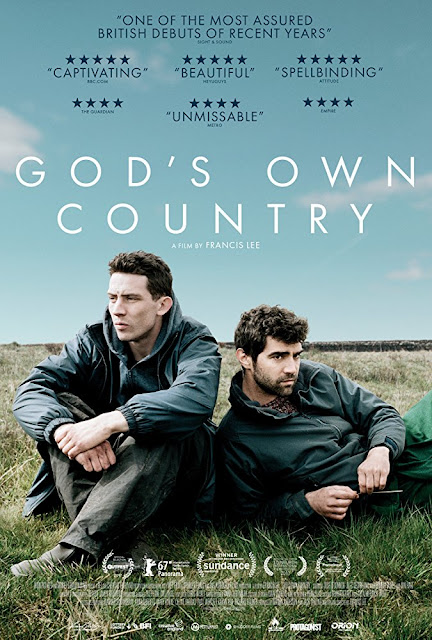Gardner Dozois (1947-2018)

The first rejection letter I ever got was from Gardner Dozois . I was in 6th grade and had just learned about submitting stories to magazines; I had also just started reading my mother's boss's copies of Isaac Asimov's Science Fiction Magazine , which Dozois had recently become editor of. I don't remember anything about the story I submitted, but I'm sure it was awful. I don't think I expected it to be accepted, because what I most remember is how excited I was to get a letter from the editor. My parents were kind and didn't tell me it was a form letter, nor that the signature was printed onto it, not written by the editor himself. I brought it to school to show my teacher. She, too, very kindly did not tell me that thousands of people likely got just this same letter. (After a few more submissions, I figured it out.) Dozois also edited what may be the single most important anthology in my life: The Year's Best Science Fiction, Third Annual Collecti...




